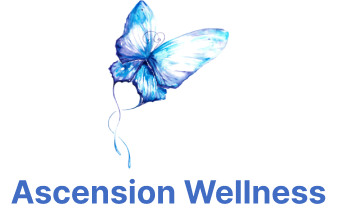There are aspects of our lives, relationships, businesses, education system, medical system, religions, and mother culture at large that are so prevalent that we have no idea they are actually trauma responses held over from childhood trauma. Many of them just feel, well, normal.

Understanding Childhood Trauma
Perhaps you are aware that you have unhealed wounds from childhood trauma. Or perhaps, you think that trauma is something that happens to other people. That was me. I never identified with words like trauma and abuse. But that’s also because those words don’t exactly mean what I thought they meant.
Let’s start with some clarity on definition.
Trauma is a wound. In this case, we’re talking about emotional and psychological trauma, not blunt force trauma.
Abuse is mistreatment.
To use blunt force as an example though, being hit is an abuse. The bruise it creates is a trauma wound.
In this case, the soft tissue is overwhelmed by the impact to such a degree that bruising resulted. If the blow is strong enough, the bone may be overwhelmed and fracture.
Translating this to emotional trauma, a trauma wound can be created any time a person is emotionally overwhelmed. By anything.
Abuse commonly creates a trauma wound but not always. Just like being hit doesn’t always leave a bruise.
Likewise, we can be overwhelmed by circumstances that are not abusive.
Even children who grow up in good enough families experience childhood trauma wounds. And even those good enough parents unwittingly create trauma wounds in their children. Sometimes it happens through abuse that’s not recognized as abuse and sometimes through not effectively meeting all of a child’s needs because the needs are simply not recognized or are misunderstood and sometimes even by seemingly harmless or even loving actions.
For example, my grandparents loved me dearly. They are the only people I ever felt unconditional love from. And they were emotionally unavailable which created trauma wounds for me.
As another example, my mom was one of my favorite people and she supported me in many ways. And she was struggling with undiagnosed mental illness that worsened throughout her life. The majority of my childhood trauma wounds were created by abuse that was the result of her mental illness even though she loved me and was trying to do what she thought was in my best interest.
Whether you were raised in an overtly abusive and neglectful home with violence, disaster and stressful environments or in a good enough home, where you could feel safe, relax into routine, thrive and build resilience, if you are alive, you have trauma wounds. Just as it’s not possible to get through life without collecting some physical wounds, the same is true emotionally.
So what does it look like to have unhealed childhood trauma wounds?
How do you know what is or is not a trauma wound?

